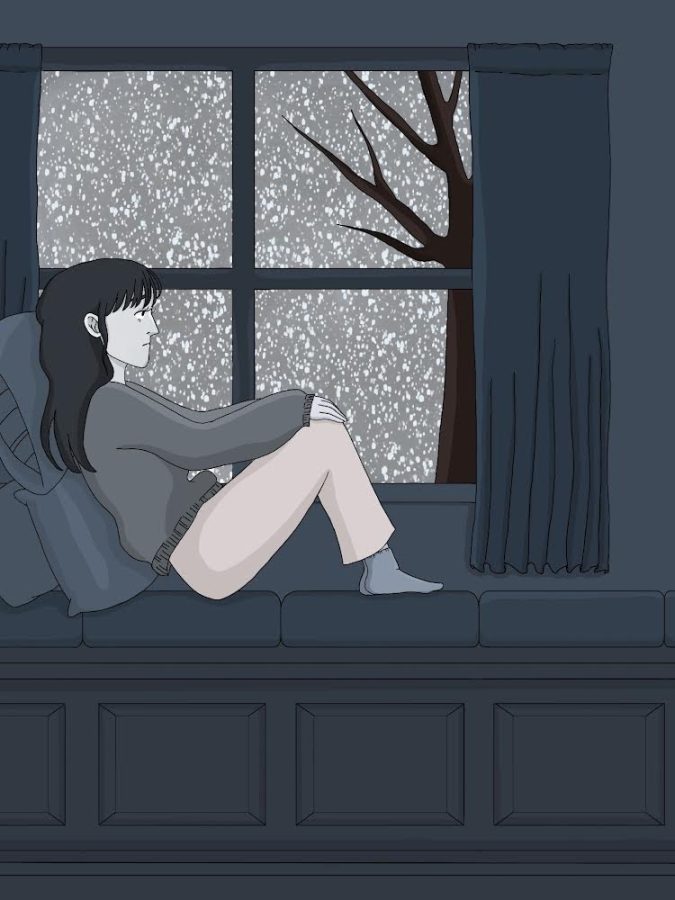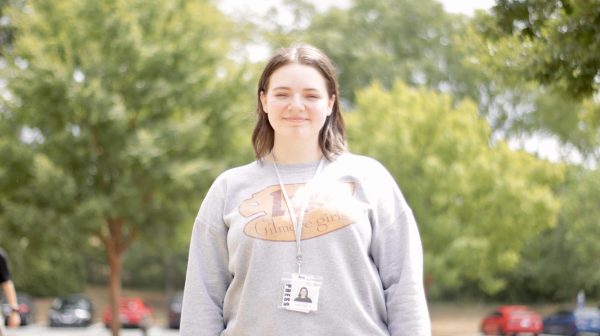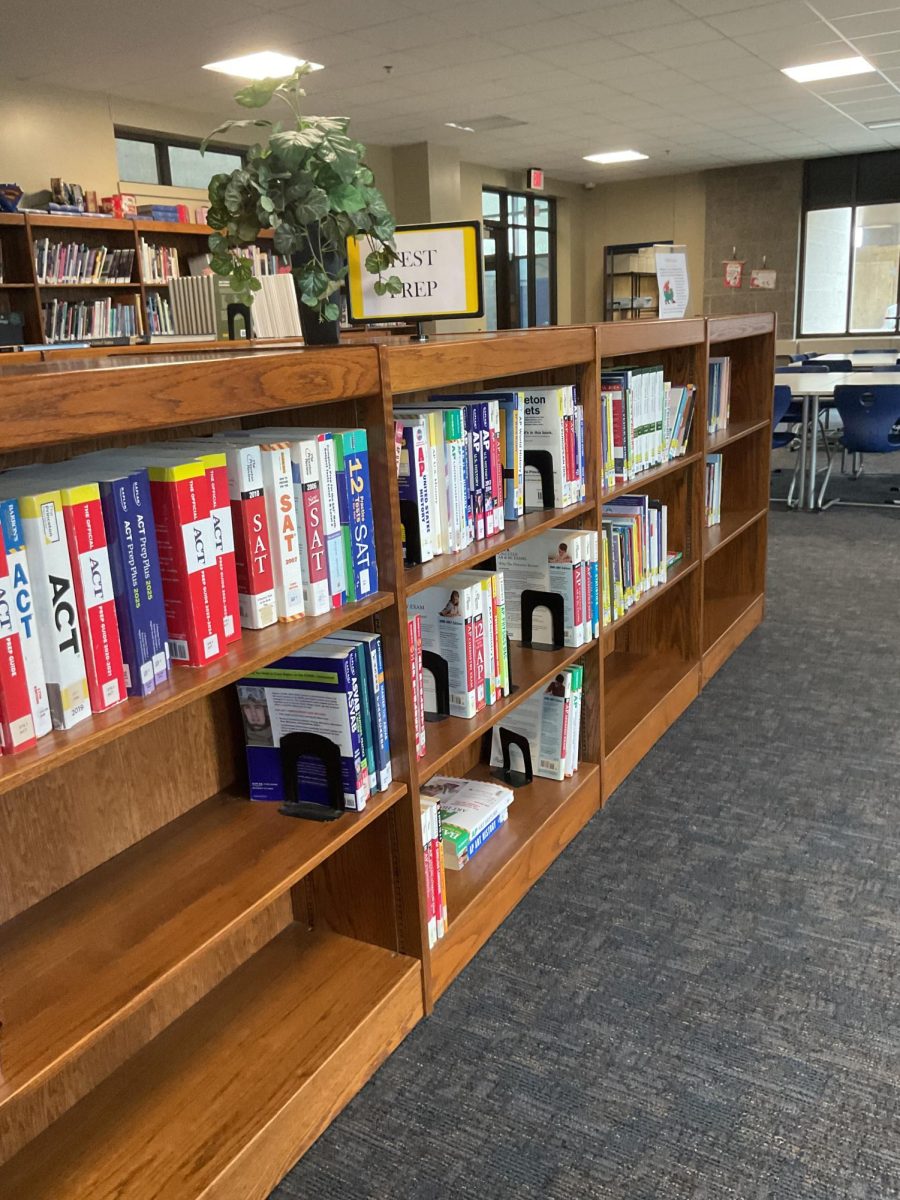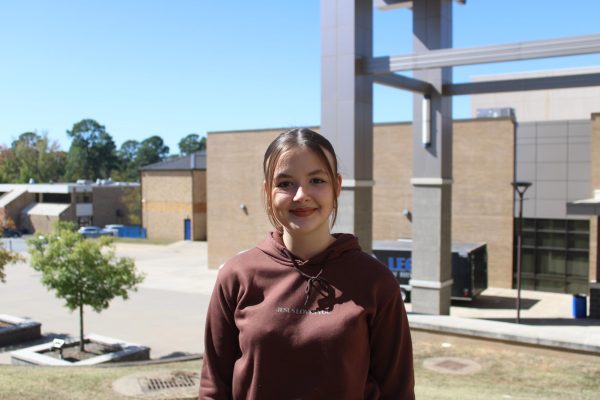Seasonal Depression
Colder seasons cause mood changes in teenagers.
January 13, 2023
During winter, high school students have a tough workload and with the stressors of school, the seasonal change doesn’t help them as their mental health changes with it. Some students express how the holiday season causes their mental health to decline, and everyday challenges become more difficult to handle.
Sophomore Emory Givens expressed how her mental health is affected during winter when she gets physically sick, as she is forced to miss out on activities that she enjoys.
“I get really sick during winter. I’m on swim and it’s a winter sport. When I’m sick 90% of winter, it’s like I’m missing swim meet after swim meet, and every time I gain something, I lose it from being sick. It causes a lot of catch up. I get left behind on stuff because I am sick,” Givens said.
Givens also stated that with the first semester coming to an end, the stress has started to build.
“I feel like we’re just kind of sandwiched in the time of school. It feels inescapable, in a way,” Givens said. “You can’t really quit some of your hard classes. You’ve got so much longer to go as well, you’ve only made it halfway through, and it kind of feels like you’re drowning.”
Mandy Thomas, Associate Director for Management and Operations at the Center for Health and Protection with the Center for Disease Control and Prevention, told David Monteith in an interview for UALR public radio how they get more calls regarding mental health struggles during the winter season.
Along with Givens, Junior Isabella Sharp stated that the pressure of school and a lack of self-care causes her mindset to become more negative.
“It gets colder and colder and then starts getting grayer. I think it starts dropping a bit because school gets really heavy. I start getting into the mindset of just work, work, work, instead of focusing on myself. I think I need to do better about that,” Sharp said.
Sharp expressed how there is a noticeable change in her behavior to her friends, and she has a hard time getting enough rest.
“I think I try and keep a positive mindset as much as I can. While I’m at school, it’s definitely noticeable for my friends. I start getting more tired. It’s hard to fall asleep and stay asleep and even wake up in the morning. I’m noticeably drained when I get here. By the end of the day, I’m just ready to go home. My friends noticed that, but I have great friends. We all try and keep each other alive,” Sharp said.
Sharp expresses how other teens might have the same emotions and experiences during the holiday seasons with the addition of seeing relatives and spending more time in their homes.
“It is a bit of a personal thing sometimes because holidays means spending time with family and that’s not always a good thing. I can attest to that. Being with family, it can be very difficult and make you want to just go back to school,” Sharp said. “Also just staying at home, for people who don’t really go out much anyway, or who’s super busy with work, it’s kind of suffocating just staying [in] your room, even though you know you should get out and do something. You just stay and just kind of stare at the wall. That gets me in like a little depressive episode for a bit. It’s kind of hard to get out of.”
Even with her struggles, Sharp explained how her friends help her mindset by being able to spend time with them.
“They help just by being like, ‘hey, let’s go and drive around or something, or go get some coffee.’ Or even just do a phone call so I can hear another person’s voice that isn’t my parents,” Sharp said.
Though seasonal depression can seem daunting, the science behind it can help understand the topic and notice the symptoms.
“Seasonal affective disorder (SAD) is a type of depression that’s triggered by a change in seasons, usually when fall starts. This seasonal depression gets worse in the late fall or early winter before ending in the sunnier days of spring. You can also get a mild version of SAD known as the “winter blues.” It’s normal to feel a little down during colder months. You may be stuck inside, and it gets dark early,” according to my.clevelandclinic.org.
Givens expressed her belief that students aren’t taught how to cope with the loneliness of winter.
“I feel like we aren’t really taught how to cope with it. I feel like we’re taught how to do the work, but we’re not really assured on how to use our brakes wisely. It’s really hard. I know a lot of people that feel lost when they’re outside of school. There’s not a lot of things that we can do to help with it,” Givens said.





